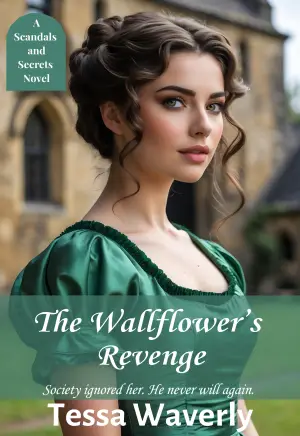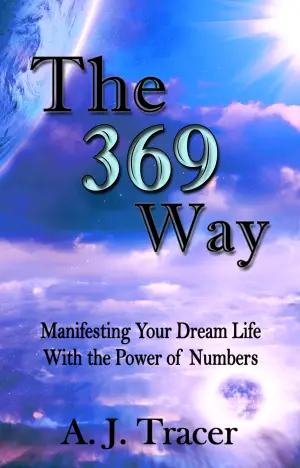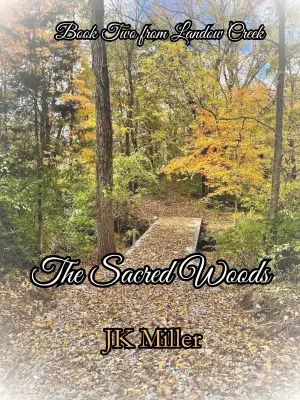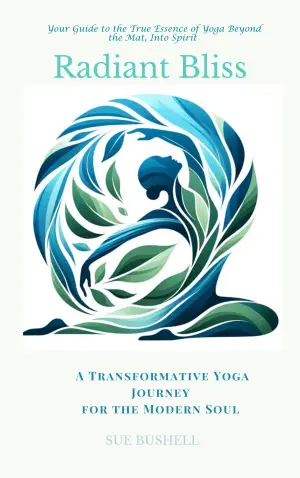Reflecting on Eclipse: A Dance of Passion and Conflict
Eclipse, the third installment of Stephenie Meyer’s Twilight Saga, caught my attention not only for its fiery love triangle and supernatural nuances but also for the tantalizing promise of a modern reinterpretation of Wuthering Heights. As someone who’s done their fair share of literary pondering over classic romances, I craved to see how Meyer would weave the complexities of Brontë’s world into her vampiric tapestry. Was I ready for another emotional rollercoaster? Absolutely. Did the ride end up where I hoped? Let’s talk it out.
In this novel, Bella Swan grapples with an impassioned inner conflict torn between her steadfast love for the brooding Edward Cullen and the magnetic pull of her childhood friend, Jacob Black. Meyer skillfully crafts a narrative where the stakes are more than just romantic; they delve into themes of loyalty, identity, and the eternal struggle between desire and safety. The love triangle, while reminiscent of classic literature, feels immensely relevant to the modern-day reader, resonating with anyone who’s faced the age-old dilemma of passion versus practicality.
However, with the lofty ambition of integrating Wuthering Heights, it appears Meyer took a leap that, at times, went awry. The essence of Catherine Earnshaw—a character who embodies fierce independence and raw emotion—feels diluted in Bella’s constant self-doubt and melodrama. As much as I wanted to sympathize with Bella, there were moments where I found myself longing for Catherine’s fiery tenacity, which Bella often lacked. Not to mention, Jacob’s character became a muddled mix of Heathcliff’s earthiness and Linton’s gentility, leading to some confusing moments that claw at my literary heart.
Meyer’s writing style remains engaging, with a blend of rich descriptive passages and more pedestrian dialogue. However, the repetitive nature of certain phrases—grinding teeth, chuckling, and numerous snorts—occasionally pulled me from the prose, making me yearn for more depth and less cliché. It’s as if the excitement of passion was overly filtered, resulting in an aftertaste that felt “watered down,” a sentiment echoed in the amusing and pointed critiques from fellow readers.
One aspect that lingered with me was the exploration of choice and agency. Bella’s pull between Edward and Jacob isn’t just about romantic preferences; it serves as a metaphor for her journey into adulthood, confronting the weight of expectations from family and society. Just like Catherine’s yearning for both wildness and stability, Bella’s internal conflict wrapped me in a familiar embrace of responsibility versus longing, making me reflect on choices I’ve faced myself.
In conclusion, Eclipse may resonate best with readers who appreciate a blend of romance and supernatural drama, particularly fans of the earlier series entries. Yet, it also invites those familiar with the literary giants that inspired it to engage in a critical dialogue. If you’re on the hunt for epic romance with a side of literary parallels, this book offers fodder for both enjoyment and debate.
Though my expectations may not have aligned perfectly with my experience, I still found glimmers of connections that sparked reflection. While Eclipse may not reach the heights of its literary predecessors, it remains a murky yet compelling exploration of love that dares to challenge the boundaries between passion and safety. And sometimes, a muddied journey can lead to profound insights—even if we’re not always eager to admit it.
Discover more about Eclipse (The Twilight Saga, #3) on GoodReads >>














